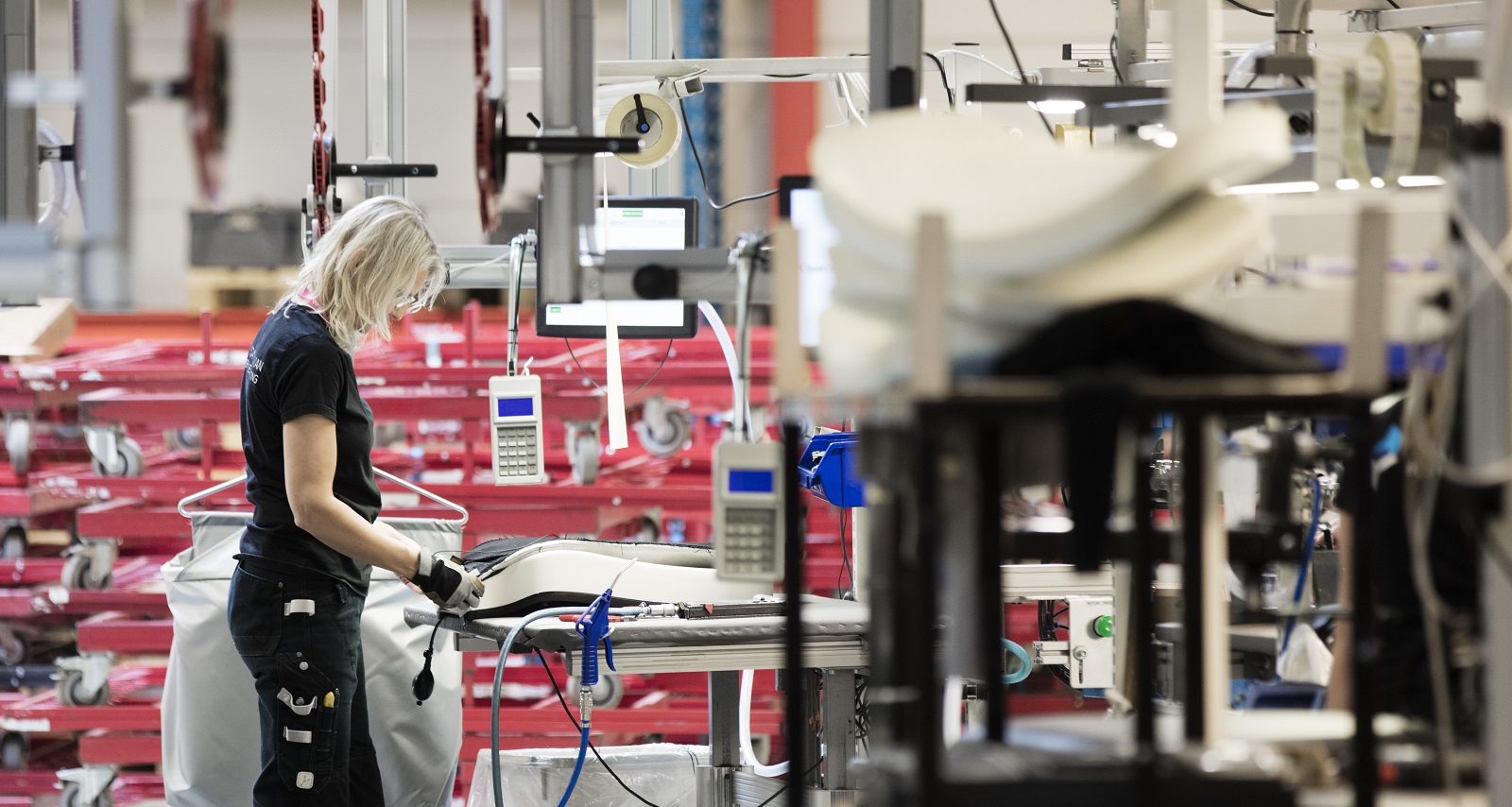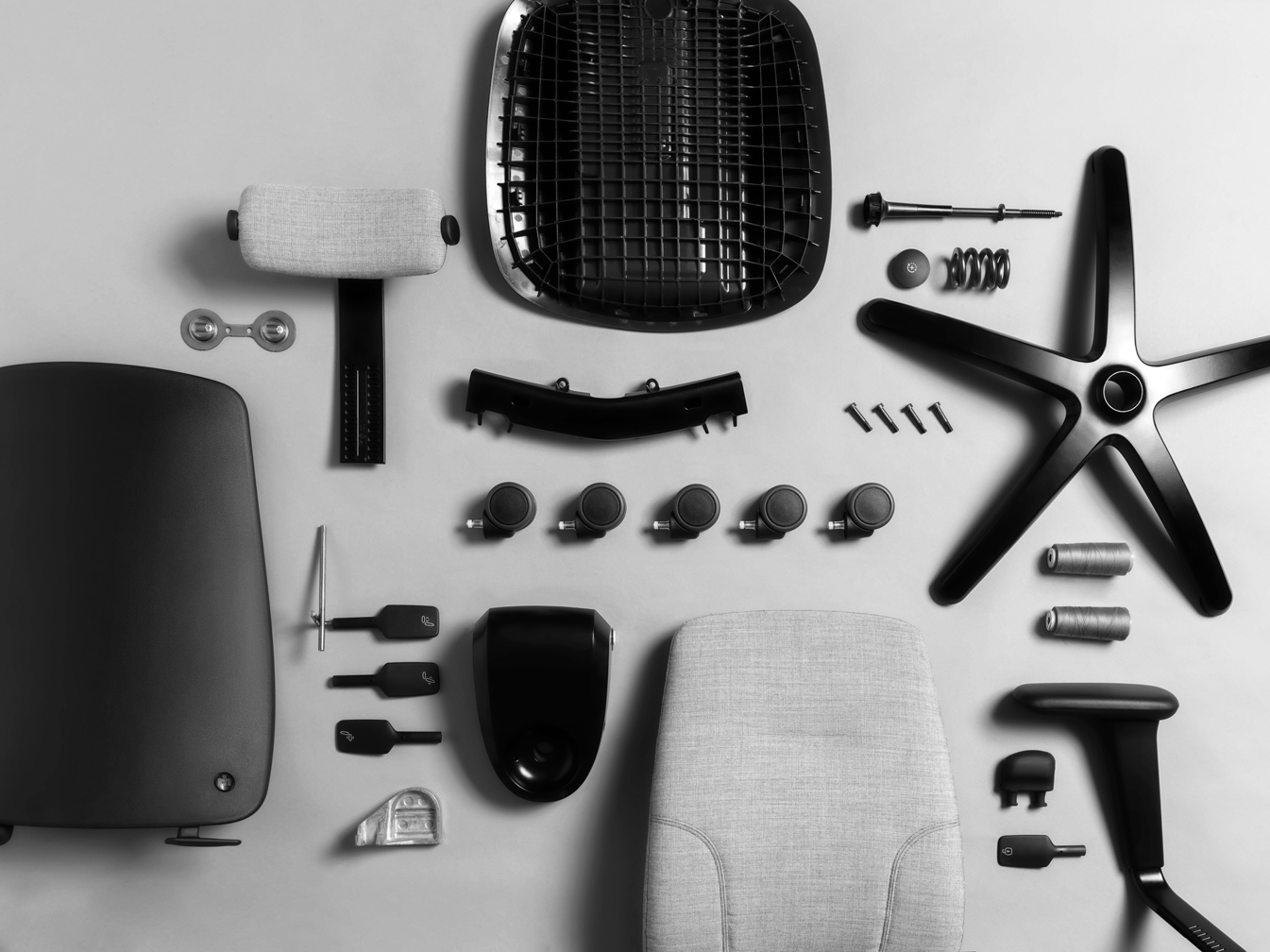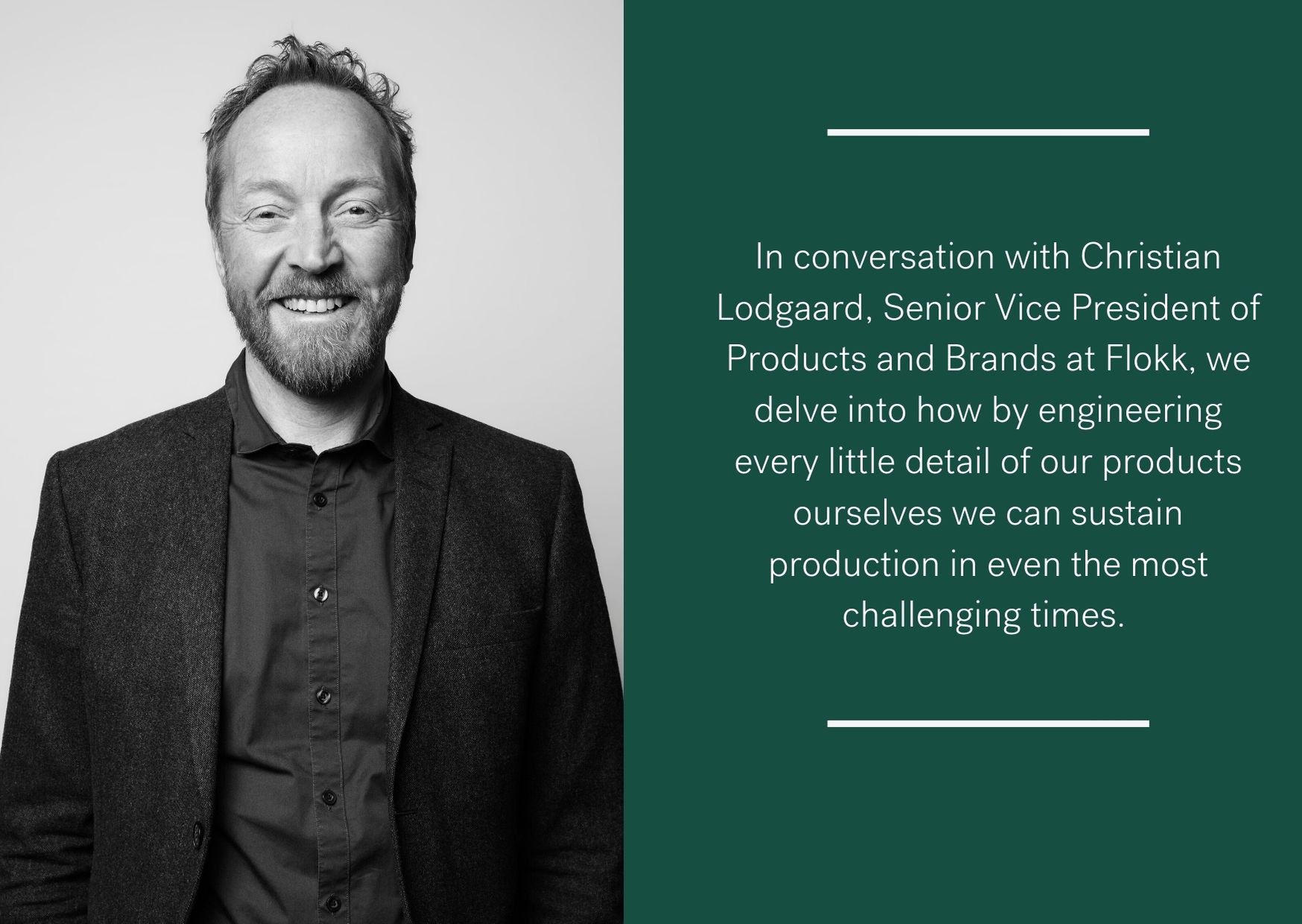“Circular design principles are key.” This was the message from European Furniture Industries Confederation (EFIC) President Markus Wiesner during his opening remarks at a recent online webinar which explored the latest developments in circular design principles among the leading lights of the furniture industry, as well hearing directly from European Policymakers about the initiatives and legislation being put in place to manage and assist businesses in their transition to more circular practices.
After the opening remarks, we heard from Paolo Migliorino who sits on the European Commission as part of the sustainable products initiative. She highlighted that Furniture has been identified as one of the priority groups when it comes to initiating circular business models, with a policy framework that includes a series of measures on production and consumption well underway, and that by the end of 2021, this will become EU Policy. This policy will set horizontal concepts and criteria to improve durability, reparability and upgradability. It will also feature the restriction of single-use, and counter premature obsolescence among other items. She also pointed out that there will be made regional development funds available for those within the furniture industry to help them adapt to circular business models.
“Many products break down too quickly, they cannot be reused or recycled to the extent that they could.” she said, continuing “There are not really a set of requirements to ensure this…there are not sufficient incentives for manufacturers to go towards circularity. We have to make it more interesting from an innovation incentive.”
Read - How to choose environmentally friendly furniture
We also heard from Omar Degolio and Robin Ljungar, chair and vice-chair respectively of EFIC Circular Economy WG, who highlighted not only the need for making such changes but also the responsibility that the furniture industry should take on board.
“The furniture industry is very well suited to be a role model for developing and designing circular products.” Said Omar. “There are a number of circular design principles that can be applied to furniture - make it easy to assembly, modular, easy to repair... We see lots of start-up companies experimenting with these circular business models, and we’ve only just started this exciting journey."
Robin also made it clear that by adopting circular business models, European furniture manufacturers can help the EU achieve the tough climate goals set by the Paris Agreement, of which all EU countries have agreed to.
Having heard about the upcoming policies and hearing the reason behind this, we heard from several manufacturers already on the path of operating circular design principles, including Flokk SVP Christian Lodgaard, who shared the insights Flokk has gathered over the last 30 years of continued sustainable development.
He highlighted that through research, Flokk has made it abundantly clear that the majority of carbon emissions and impact on nature stems from the materials used, and that by introducing more circularly sourced materials like recycled plastic, we can greatly reduce our overall impact.
“Flokk has been systematically cracking down on all the traces our operation leaves on the planet, identifying the big contributors to those footprints so we can direct our efforts in how to address those. For the furniture industry, it’s quite easy to detect those footprints, as we create products and consume materials... If we breakdown the figures, roughly 80% of our carbon emissions are down to products, and 90% of that is down to the materials.”
Learn more about Flokk Sustainability
The event closed with words of encouragement from each panellist, highlighting that the road to becoming more circular was paved with difficulties, but changing the way we all work is a must if we want to ensure a brighter future for everyone.
Click here to watch the full recording of the event now



